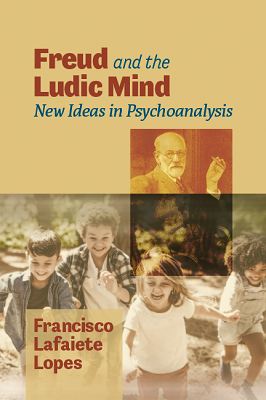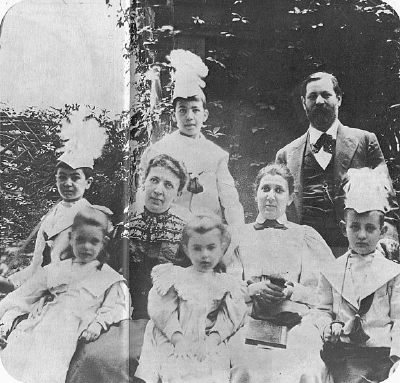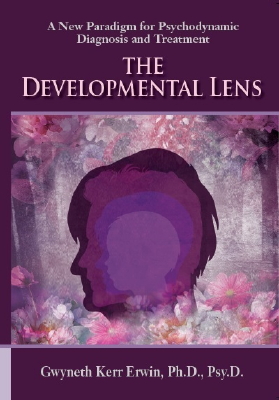I would like to weigh in here on the issue of the Holmes report and the ideas that have followed in its wake. I realize that many of you will not be receptive to what I have to say, but on the chance that there are still those inclined toward the use of empiricism at the organizational level, here goes.
My greatest concern for modern society is that there is a growing tendency for individuals and groups to stand firmly on inner convictions in the absence of robust external evidence. This problem is at the core of many evolving social and political issues plaguing America and the western world at present.
It should be stated that racial discrimination is illegal in the U.S.; so if there is compelling evidence that race is actually used to exclude or administratively discriminate against any race, the Department of Justice would need that data in order to proceed in a civil rights case. They would require well documented evidence. If such evidence existed, I and many others would aid in the facilitation of correcting an identifiable discriminatory practice at the organizational level.
However, I would think that any group of scholars who endeavored to characterize their professional organization as an extension of “white supremacy” (a term found 151 times in the Holmes report) would come to that conclusion only after rock solid data had led them to such a claim.
The Holmes report is no such document; it lacks serious research methodology. The paper reads more like a religious tome, its very opening statements of the problems are circular and include many non sequiturs, and the outcomes are based merely on subjective reports. There is no actuarial evidence to support any of the few trends found in the subjective reports. There is not even a proper methods or results section. Have any of you ever read a legitimate empirical social sciences study Continue reading Comment on APsA Elections from Lucas Klein





